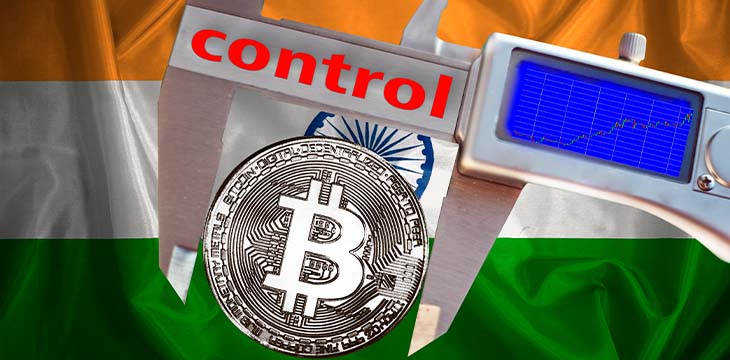|
Getting your Trinity Audio player ready...
|
India’s Finance Minister Nirmala Sitharaman has stated that the country will place digital asset regulations at the forefront of its objectives as it assumes the G20 presidency.
Sitharaman disclosed this at the Indian Council for Research on International Economic Relations (ICRIER) 14th Annual International G20 Conference. The finance minister’s speech noted that India had eight objectives it hoped to achieve but placed attaining a comprehensive digital currency framework at the top.
India will lead the G20, an intergovernmental forum comprised of ten countries and the European Union, for one year. Other issues to be tackled under India’s leadership include food security, climate financing, multilateral reforms, and disaster risk reduction.
In its attempt to regulate the virtual currency sector, Sitharaman had previously called for a concerted global effort. She warned that it would be almost impossible for one jurisdiction to attempt to police the burgeoning industry by itself.
“No one country can succeed in individually being in a silo and trying to regulate the crypto assets,” said Sitharaman.
The finance minister noted that it was in India’s best interest to regulate the sector on the grounds that the country’s citizens have embraced the asset class “as fish to water.” On its own, India has tried to rein in the sector with an infamous ban on commercial banks and other financial institutions from providing services to digital asset firms. The ban was put in place back in 2018, but a historic supreme court decision overruled the move in 2020.
The world is collaborating on regulations
On the surface level, it might appear as though law enforcement agencies are not collaborating to police the industry. However, a closer examination reveals that significant strides are being made toward increased cooperation between countries.
First is the European Union’s unified approach towards regulation with the creation of the Markets in Crypto-Assets (MiCA) and the exploration of tokenized securities with the European Securities and Markets Authority (ESMA).
The unified manhunt of Ruja Ignatova, the founder of the scam OneCoin, is further evidence of multilateral collaboration. The German national police and Europol launched a massive search for Ignatova back in August, with both security outfits offering rewards for information leading to her capture.
At the 90th General Assembly of the International Criminal Police Organization (Interpol) in India, policing the digital assets industry was the main topic of discourse by the panelists. Interpol stated that it was considering setting up a dedicated division to crack down on digital asset fraud drawn from its member countries “because very often, agencies are not properly trained and properly equipped.”
Watch: The BSV Global Blockchain Convention panel, Blockchain for Digital Transformation of Nations

 02-22-2026
02-22-2026 




